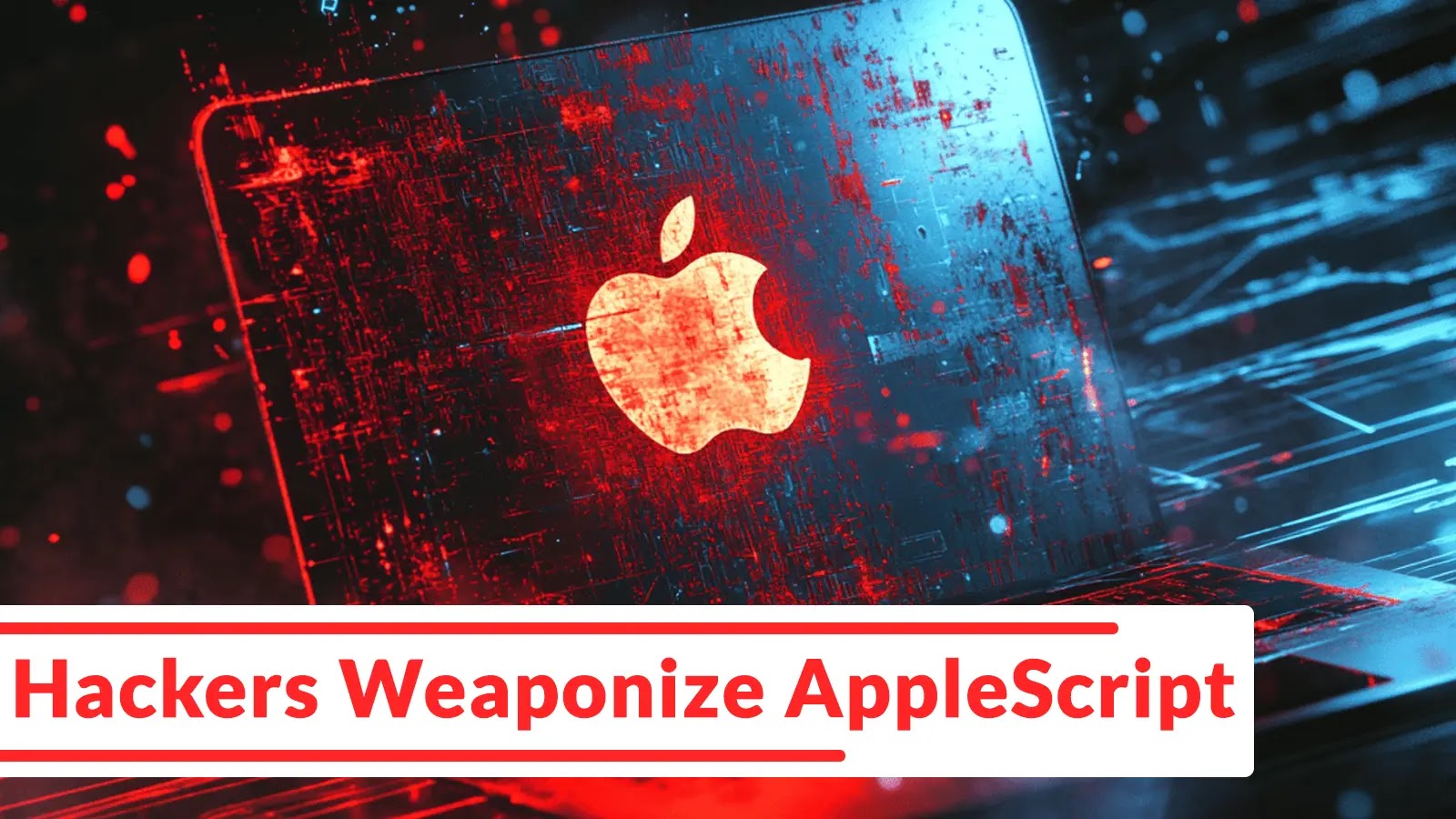A significant security vulnerability in McDonald’s AI-driven hiring platform, McHire, has exposed the personal information of approximately 64 million job applicants. This breach underscores critical cybersecurity lapses in automated recruitment systems and raises serious concerns about data protection in AI-powered processes.
Discovery of the Breach
Security researchers Ian Carroll and Sam Curry identified the vulnerability while investigating McHire, which utilizes an AI chatbot named Olivia to streamline the recruitment process for McDonald’s franchise locations. Olivia conducts initial applicant screenings, collects contact information and résumés, and guides candidates through personality assessments. However, many applicants have reported frustrating experiences with the chatbot’s inability to comprehend basic queries accurately.
During their investigation, Carroll and Curry discovered a Paradox.ai staff login link on McHire.com. By attempting common credential combinations, they successfully gained administrator access using the weak password 123456. This account lacked multi-factor authentication, a fundamental security measure that could have prevented unauthorized access.
Extent of the Data Exposure
Once inside the system, the researchers identified an Insecure Direct Object Reference (IDOR) vulnerability in the applicant database. By manipulating applicant ID numbers, they could access other applicants’ personal information, including names, email addresses, phone numbers, and chat histories spanning multiple years. This vulnerability allowed complete database traversal, exposing sensitive data of millions of job seekers.
Potential Risks and Implications
The exposed dataset potentially contained personal information from 64 million applicants. This data exposure creates significant risks for affected individuals, particularly regarding targeted phishing attacks. Fraudsters could impersonate McDonald’s recruiters to harvest financial information for payroll scams, exploiting the trust applicants place in the hiring process.
Response from McDonald’s and Paradox.ai
Both McDonald’s and Paradox.ai acknowledged the severity of the breach. McDonald’s expressed disappointment in their third-party provider’s security failures, emphasizing their commitment to cybersecurity and data protection standards. Paradox.ai’s Chief Legal Officer, Stephanie King, confirmed the findings and announced the implementation of a bug bounty program to identify future vulnerabilities. The company emphasized that the compromised test account had remained dormant since 2019 and should have been decommissioned, highlighting poor security hygiene in their development practices.
Lessons Learned and Future Measures
This incident serves as a stark reminder of the importance of robust cybersecurity measures in AI-driven systems. Organizations must implement strong authentication protocols, including multi-factor authentication, to protect sensitive data. Regular security audits and penetration testing are essential to identify and remediate vulnerabilities proactively. Additionally, companies should establish bug bounty programs to encourage ethical hackers to report security flaws, thereby enhancing overall system security.
As AI continues to play a significant role in various industries, ensuring the security and privacy of user data must remain a top priority. The McDonald’s McHire breach highlights the potential risks associated with inadequate security practices and underscores the need for continuous vigilance in the development and deployment of AI technologies.



